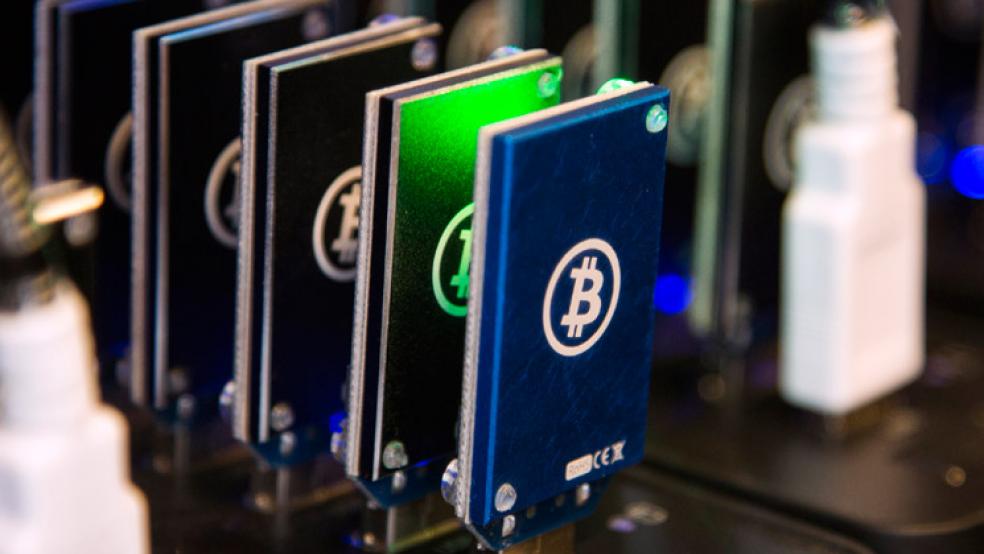A key Treasury Department official said Tuesday that many Bitcoin exchanges have failed to comply with requirements meant to detect and prevent criminal money laundering.
In a speech to a conference on money laundering enforcement in Washington, DC, Jennifer Shasky Calvery, director of the Treasury Department’s Financial Crimes Enforcement Network said she is “concerned that there appear to be many domestic virtual currency exchangers” that have so far failed to register themselves as so-called “money services businesses,” or MSBs.
Related: Why Regulating Bitcoin is Like Herding Cats
FinCEN, known in legal circles as the “financial intelligence” arm of U.S. Law Enforcement, gathers reports of suspicious financial activity from all manner of financial institutions, including banks, check cashers, Western Union outlets and many other businesses in an effort to identify illegal money transfers or the concealment of criminal activity.
MSBs that fail to report suspicious activity can face enforcement actions that include steep fines. But many Bitcoin exchanges aren’t registering Calvery said to reporters after her speech, and the agency is having a hard time identifying them.
“In terms of the ones we don’t know about, like anything or anyone who’s evading the law or not registering when they need to, they’re not exactly volunteering that information, so it can be hard to figure it out,” she said.
“Luckily in this space, it’s a little easier, because to be a successful exchanger, you pretty much have to have an online presence, so we do have some methods to start to figure out who’s maybe operating without being appropriately registered.”
Related: Porn, Drugs, Hitmen, Hackers: This Is the Deep Web
Asked whether the agency had a time frame in mind for taking action against non-registered exchanges, she demurred.
“Timing is always specific to a particular case and the facts and circumstances of the case, but our expectation is that they follow the law and register as required and if they don’t, they face the possibility of an enforcement action.”
She also revealed that, even when a Bitcoin exchange does register with FinCEN, the agency can’t always tell what kind of business they are dealing with, largely because the system was created in the pre-Bitcoin era.
“Our ability to see who has even registered is not as precise as you might think, because we define them as a type of money transmitter, and so on the form all they have to do is check money transmitter, so we wouldn’t necessarily know if they are a Bitcoin exchanger or a check casher.”
Sometimes FinCEN can spot a virtual currency exchanger because the name of the MSB suggests that they deal in Bitcoins, she said. “[But] some places offer more than one service – I’m a check casher, I’m a Western Union guy, I’m a bitcoin person – and so that makes it a little more difficult,” she said. “And that’s just the ones we know about.”
Top Reads from The Fiscal Times:





